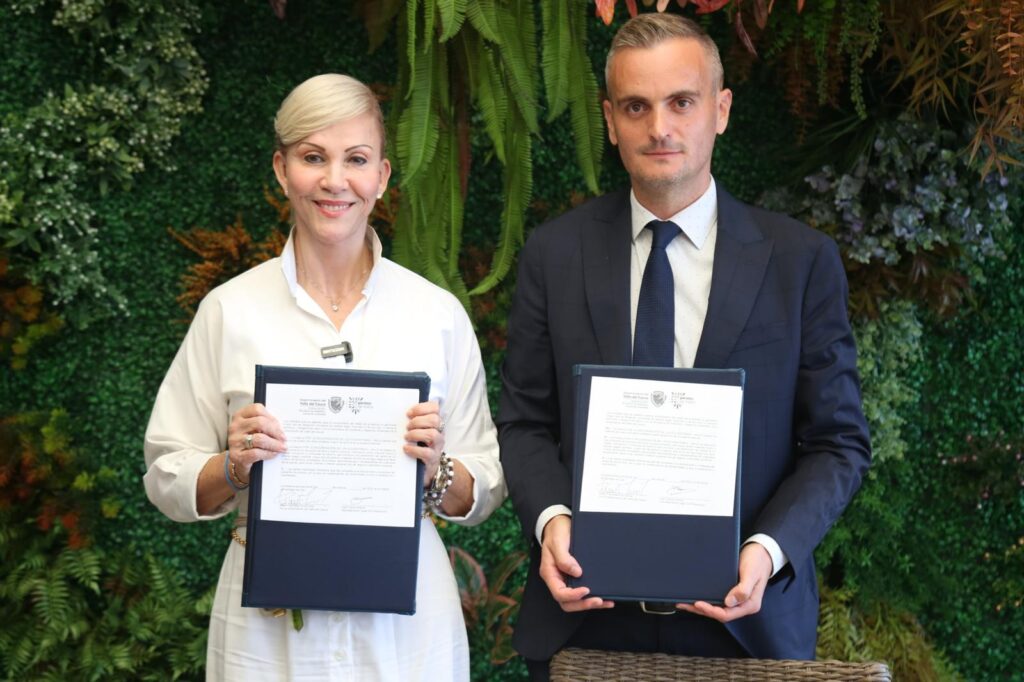Sporting events not only represent an opportunity for entertainment and bonding among fans, but also a connection to the environment. The impact of a major sporting event, such as a soccer match or a Formula 1 race, can be significant, from the conditions, resources and environmental services required for its implementation to the carbon emissions generated by its practice.
At CO2 Revolution, we are dedicated to mitigating these effects through sustainable solutions, and in this article we will look at different proposals for integrating sustainability into sports to minimize their environmental impact.
5 Proposals to reduce carbon emissions in major sporting events
Responsible mobility
Carbon emissions generated by transportation account for around 22% of CO2. Consequently, one of the biggest generators of emissions at sporting events is the transportation of attendees, teams and technical staff. Encouraging the use of public transportation, bicycles or electric vehicles can significantly reduce the carbon footprint.
Key measures:
- Offer incentives for the use of public transport, such as reduced or free price to event ticket holders.
- Organize the event where the access point is reasonably close to bus or metro stations, as well as ensuring that these vehicles are parked in a secured area.
- Develop car-sharing programs for attendees, athletes and staff to reduce the number of vehicles traveling to the event.
Infrastructure and Clean Energy
Sports infrastructures can reduce their energy consumption by using renewable sources such as solar or wind energy. In addition, the implementation of energy efficiency systems helps to reduce energy costs.
Key actions:
- Equip sports venues with solar panels to generate part of the energy used during the event.
- Install efficient LED lighting and motion sensors to reduce unnecessary electricity consumption.
- Use rainwater or recycled water sources for irrigation of fields and toilets.
Waste Management and Recycling
Sporting events generate large amounts of waste, from food wrappers to promotional materials. Implementing an efficient waste management plan is essential to reduce your environmental impact.
Key actions:
- Place recycling stations accessible to attendees, along with proper signage.
- Promote the reuse of materials and the sale of products with recyclable or biodegradable packaging.
- Implement a “zero waste” policy at events, committing organizers to reduce waste generation as much as possible.
Carbon Footprint Offsetting
Despite efforts to minimize emissions, some sporting events still generate a certain amount of CO2.
Sports organizations can integrate sustainability into their events and product marketing by offering fans the option to purchase carbon neutral tickets and merchandise. This is achieved by calculating the carbon footprint associated with the production, distribution and sale of each product. Buyers, at the time of purchasing their ticket or product, can choose to offset this footprint by selecting environmental mitigation projects, such as those offered by CO2 Revolution.
Key actions:
- Calculate the carbon footprint of the event and offset it through reforestation projects.
- Carbon Footprint Labels: Display the carbon footprint on physical labels and websites, educating buyers about the environmental impact of their purchase.
- Offset Option: By offering the option to offset the carbon footprint, teams engage fans in sustainable practices, allowing them to support environmental initiatives with every purchase.
Environmental Education and Awareness
Sporting events are a very important awareness-raising platform where athletes, spectators, organization staff, volunteers, media, and supply and sponsoring companies have their eyes focused. The integration of actions aimed at educating and raising awareness among all these agents about the importance of caring for the environment can have a multiplying effect.
Key actions:
- Include sustainability messages in event announcements and communications.
- Training plan for staff involved in the organization of the event.
- Involve public figures and athletes to be ambassadors for sustainable causes and promote respect for the environment.
- Publish and present an environmental report of the event to publicize experiences of good practices.
Reducing carbon emissions at major sporting events is not a simple task, but it is absolutely necessary to minimize their environmental impact. From sustainable transportation to offsetting emissions through reforestation, every step counts in the fight against climate change.
At CO2 Revolution, we are committed to working alongside event organizers and sponsors to create innovative solutions that protect the planet while we enjoy the sport we love. If you are interested in learning more about how we can help make your sporting event more sustainable, don’t hesitate to contact us!


